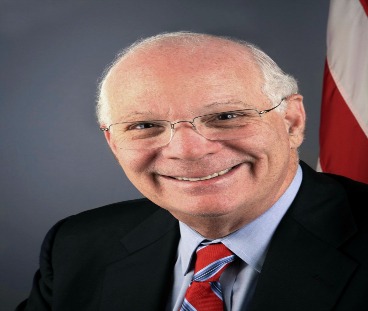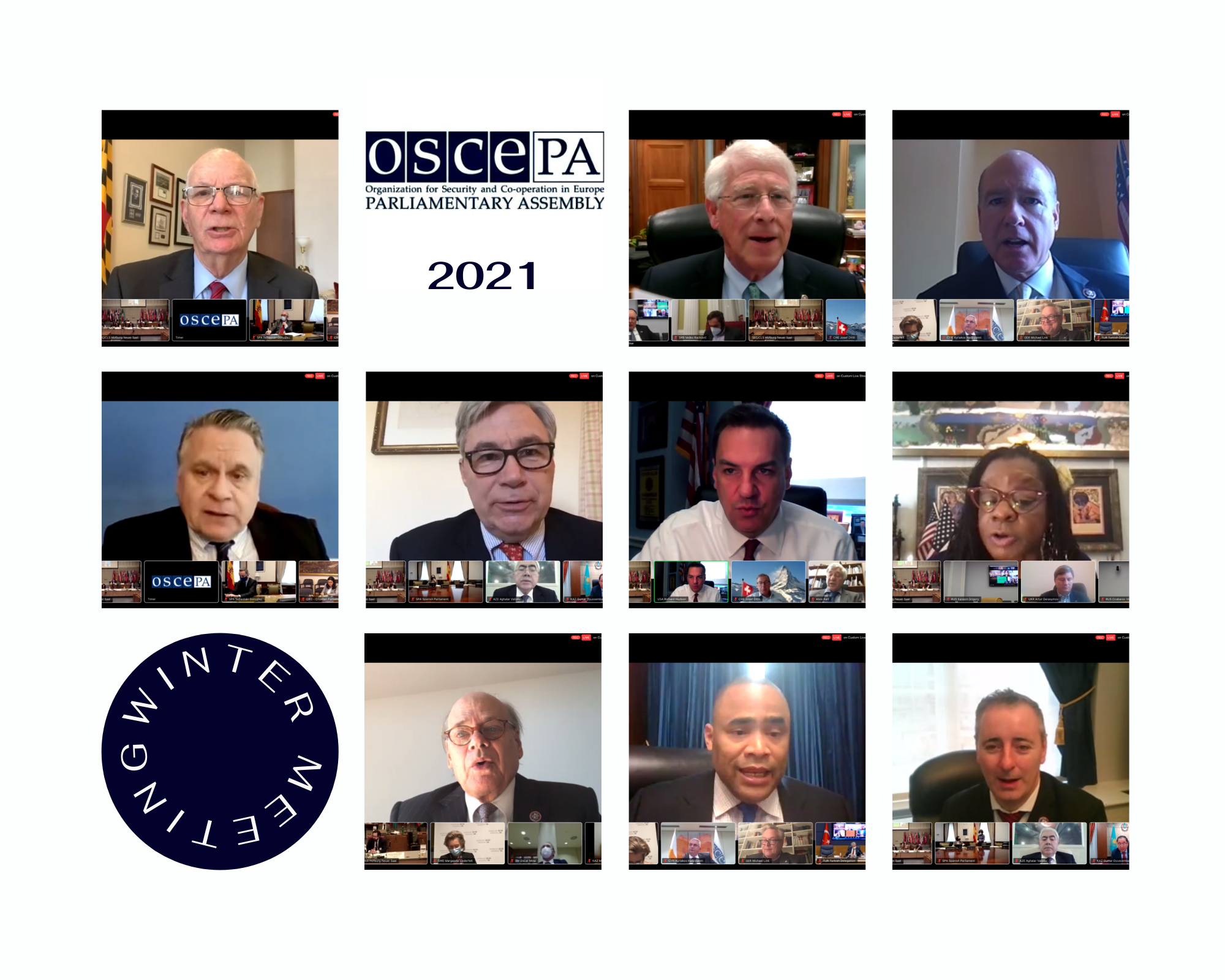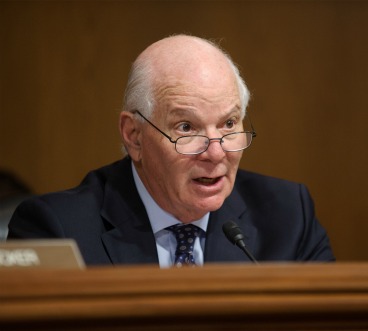Madam President, as co-chairman of the Helsinki Commission, I chaired a field hearing this week at the University of Maryland College Park campus. The title of that hearing was “Is It Torture Yet?”, the same question I was left with after Attorney General Michael Mukasey’s nomination hearings.
The day of the hearings was also International Human Rights Day, which commemorates the adoption of the Universal Declaration on Human Rights nearly 60 years ago. The historic document declares, “No one shall be subjected to torture or to cruel, inhuman or degrading treatment or punishment.”
In the Helsinki process, the United States has joined with 55 other participating States to condemn torture. I want to quote one particular provision, because it speaks with such singular clarity. In 1989, in the Vienna Concluding Document, the United States, along with the Soviet Union and all of the other participating States, agreed to “ensure that all individuals in detention or incarceration will be treated with humanity and with respect for the inherent dignity of the human person.” This is the standard, with no exceptions or loopholes, which the United States is obligated to uphold.
I deeply regret that six decades after the adoption of the Universal Declaration, we find it necessary to hold a hearing on torture and, more to the point, I regret that the United States’ own policies and practices must be a focus of our consideration.
As a member of the Helsinki Commission, I have long been concerned about the persistence of torture and other forms of abuse in the OSCE region. For example, I am troubled by the pattern of torture in Uzbekistan, a country to which the United States has extradited terror suspects. Radio Free Europe reported that in November alone two individuals died while in the custody of the state. When their bodies were returned to their families, they bore the markings of torture. And, as our hearing began, we were notified that a third individual had died under the same circumstances.
Torture remains a serious problem in a number of OSCE countries, particularly in the Russian region of Chechnya. If the United States is to address these issues credibly, we must get our own house in order.
Unfortunately, U.S. leadership in opposition to torture and other forms of ill-treatment has been undermined by revelations of abuse at Abu Ghraib prison and elsewhere. When Secretary of State Rice met with leading human rights activists in Moscow in October, she was made aware that the American forces’ conduct at Abu Ghraib has damaged the United States’ credibility on human rights.
As horrific as the revelations of abuse at Abu Ghraib were, our Government’s own legal memos on torture may be even more damaging, because they reflect a policy to condone torture and immunize those who may have committed torture.
In this regard, I was deeply disappointed by the unwillingness of Attorney General Mukasey to state clearly and unequivocally that waterboarding is torture. I chaired part of the Attorney General’s Judiciary confirmation hearing and found his responses to torture-related questions woefully inadequate. On November 14, I participated in another Judiciary Committee hearing at which an El Salvadoran torture survivor testified. This medical doctor, who can no longer practice surgery because of the torture inflicted upon him, wanted to make one thing very clear: as someone who had been the victim of what his torturers called “the bucket treatment,” he said, waterboarding is torture.
This week, this issue came up again, this time at the Senate Judiciary Committee’s hearing on Guantanamo. One of the witnesses was BG Thomas Hartman, who was specifically asked whether evidence obtained by waterboarding was admissible in Guantanamo legal proceedings. Like Judge Mukasey, he would not directly answer that question. Nor would he respond directly when asked if a circumstance arose, hypothetically, whether waterboarding by Iranians of a U.S. airman shot down over Iran would be legal according to the Geneva Conventions. In fact, the Geneva Conventions prohibit the use of any coercive interrogation methods to obtain information from a Prisoner of War. I am deeply concerned that the administration’s efforts to avoid calling waterboarding what it is, torture, is undermining the interpretation of the Geneva Conventions, which we have relied upon for decades to protect our own service men and women.
The destruction of tapes by the CIA showing the interrogation of terror suspects raises a host of additional concerns. First, these tapes may have documented the use of methods that may very well have violated U.S. law. Second, the tapes may have been destroyed in violation of court orders to preserve exactly these sorts of materials. If the administration is willing to destroy evidence in violation of a valid court order, we have a serious rule-of-law problem. Finally, it is profoundly disturbing that materials formally and explicitly sought by the 9/11 Commission, mandated to investigate one of the worst attacks on American soil in the history of our country, were not turned over by the CIA. The destruction of the CIA tapes should be carefully investigated.
Mr. President, the Congress must act to ensure that abuses by U.S. Government personnel are not committed on the false theory that this somehow makes our country safer.





